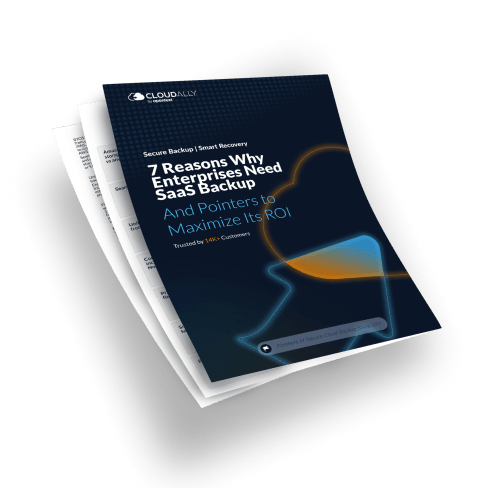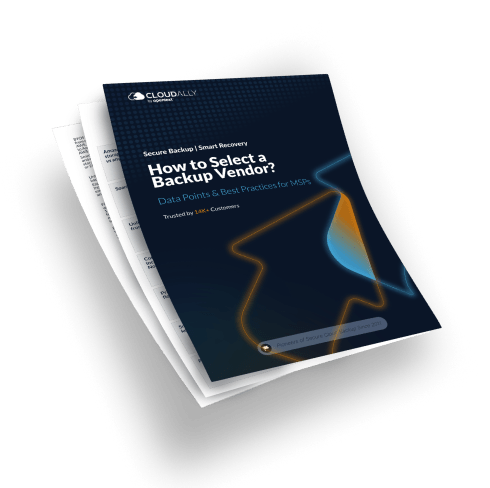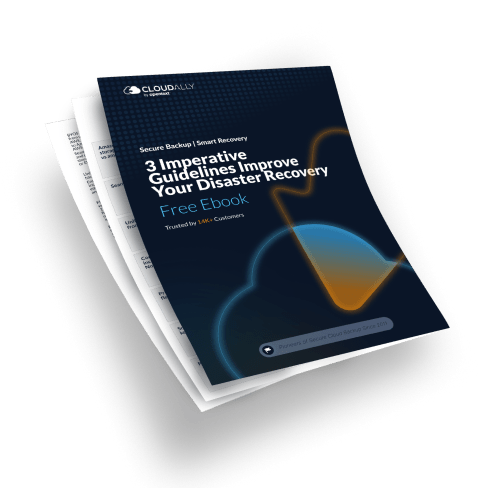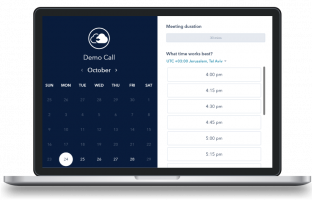Non-destructive data recovery is a critical process for businesses and individuals alike, offering a way to recover lost data without causing any alteration to the original data. This method is especially valuable in sensitive environments where data integrity is paramount. Understanding how non-destructive recovery works and the best practices for implementing it can save valuable data and prevent data loss disasters.
What is Non-Destructive Data Recovery?
Non-destructive data recovery refers to the process of retrieving lost, deleted, or corrupted data without modifying or causing further damage to the original data stored on the device. This approach is crucial for maintaining the integrity of the original data during the recovery process.
Benefits of Non-Destructive Data Recovery
- Data Integrity: Ensures the original data remains unchanged, which is critical for forensic and compliance reasons.
- Risk Mitigation: Reduces the risk of additional data loss during the recovery process.
- Versatility: Effective across various storage devices including hard drives, SSDs, USBs, and cloud storage.
Best Practices for Non-Destructive Data Recovery
1. Immediate Response
Act quickly once data loss is noticed to prevent further damage or data overwriting. Cease using the affected device to avoid new data being written over the lost data.
2. Use Reliable Recovery Tools
Select tools known for their non-destructive recovery capabilities. Free tools can be effective for basic recovery tasks, but professional-grade tools often provide more comprehensive recovery options.
3. Regular Backups
Implement a robust backup strategy that includes regular backups to multiple locations. This not only secures data but also simplifies the recovery process, making it inherently non-destructive.
4. Controlled Environment
Perform data recovery in a controlled environment, particularly for physically damaged storage devices. Professional data recovery services can ensure a safe recovery process in a dust-free, static-free setting.
Conclusion
Non-destructive data recovery is a safe and effective method to retrieve important data without risking the original data structure. By following best practices and utilizing reliable recovery tools, organizations can enhance their data recovery strategies and safeguard their critical information.CloudAlly’s multi-SaaS backup platform backs up Microsoft 365, Salesforce, Dropbox, Box, and Google Workspace on AWS S3 backup with flexible options for non-destructive recovery, replace restore, as well as exporting to your own storage. Start a free trial or book a demo










